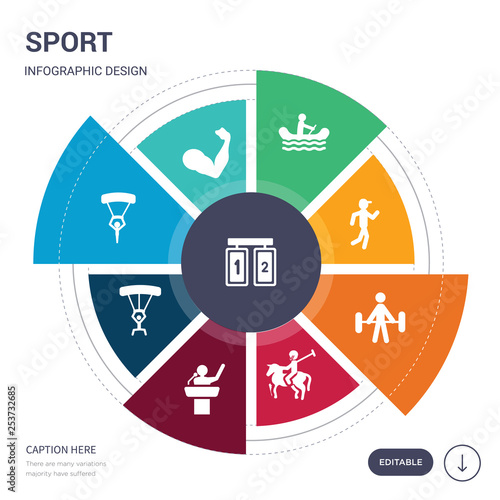How Youth Martial Arts Affect Academic Success And Concentration
How Youth Martial Arts Affect Academic Success And Concentration
Blog Article
Content By-Lopez Porter
Tip onto the floor covering of expertise and reveal the surprise power that young people martial arts have.
Like martial arts or bodybuilding -sharpened sword, the effect of these old techniques on scholastic performance and emphasis is a force to be considered.
As you look into the midsts of this conversation, you will discover the capacity for boosted cognitive abilities, improved concentration abilities, and a considerable boost in scholastic performance.
However the trip does not end there, for the true tricks exist within the web pages yet to be discovered.
Enhanced Cognitive Capacities
Boosted cognitive capacities have actually been observed in youth who take part in martial arts. By engaging in martial arts training, you can enhance your cognitive features such as interest, emphasis, and memory. The physical movements and methods associated with fighting styles require mental sychronisation and concentration, resulting in boosted cognitive abilities.
Research studies have shown that regular involvement in martial arts can improve data processing rate and exec features, which are important for scholastic success. Martial arts training also aids to enhance analytical skills and decision-making abilities, as professionals learn to evaluate and react quickly to various scenarios.
Furthermore, fighting styles practice advertises technique and self-control, which are vital top qualities for reliable learning and academic success.
Boosted Concentration Abilities
Exactly how can martial arts educating improve your ability to concentrate?
Fighting how martial arts changed my kids life can greatly improve your concentration skills. https://www.cm-life.com/article/2022/03/cosens-martial-arts-invites-students-to-learn-self-defense-lifelong-skills of different strategies and movements, you're needed to focus your interest on the job handy. This continuous involvement aids to train your mind to remain existing and focused.
Fighting style also teach you to block out disturbances and preserve a high degree of focus even in demanding scenarios. The repetition of movements and strategies during training aids to establish muscular tissue memory, enabling you to carry out actions with accuracy and effectiveness.
Additionally, martial arts training usually integrates psychological exercises such as reflection and mindfulness, which additionally boost your capability to focus and maintain emphasis.
Boosted Academic Performance
Fighting style training can substantially boost your scholastic efficiency by promoting self-control, focus, and self-confidence.
When you practice martial arts, you learn to establish goals, develop routines, and manage your time successfully. These abilities translate right into enhanced research study routines and far better scholastic efficiency.
Fighting style additionally teach you to stay focused and concentrate on the job at hand. This boosted ability to focus can substantially profit your knowing experience, enabling you to absorb and preserve information more effectively.
Furthermore, the self-confidence gotten with fighting styles can favorably influence your scholastic efficiency. Believing in yourself and having a favorable frame of mind can help you conquer challenges, take threats, and reach your complete academic potential.
Conclusion
Young people martial arts have a substantial influence on scholastic performance and focus.
Research shows that pupils who participate in martial arts experience boosted cognitive capacities, improved concentration skills, and boosted scholastic performance.
In fact, a research study found that students that engage in routine martial arts training have a 15% greater GPA compared to those who don't.
This fact highlights the positive relationship in between martial arts and scholastic success, emphasizing the value of integrating such activities into the lives of young individuals.
